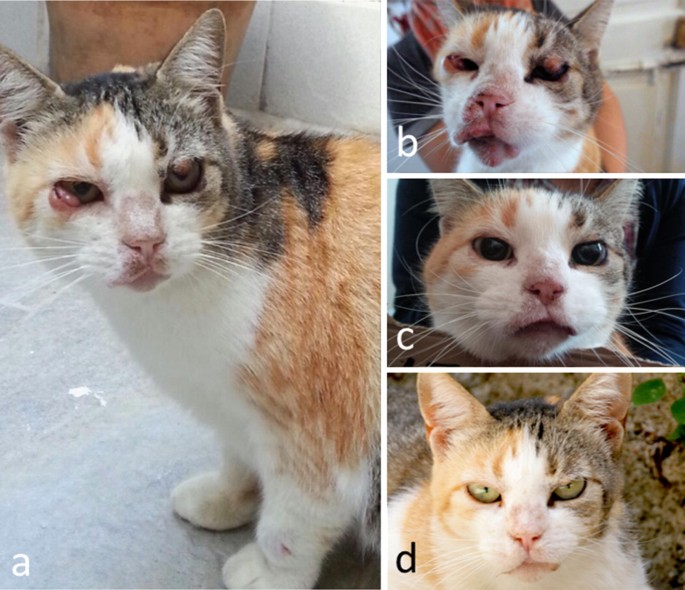Leishmaniasis is a disease caused by the protozoa (single-celled eukaryotic organism) Leishmania infantum. Technically, it is a zoonotic because it affects the human being, even if it is mainly dogs that suffer the most from the disease, acting as carriers, being fatal if veterinary treatment is not initiated.
Leishmania is transmitted by the bite of a mosquito, belonging to the genus Phlebotomus. In this way, the mosquito bites a sick dog and / or carrier and, once the protozoa matures in the insect, itches to another dog, introducing the pathogen. In other words, without mosquitoes, the disease cannot be transmitted. Although the dog is the main victim of this disease, the truth is that it can also affect other animals such as cats. Therefore, in Animal Expert we will explain what are the symptoms of leishmaniasis in cats and what their treatment is.
- Leishmaniasis was very common in dogs due to its natural resistance and effective immune system response to disease.
- But today we see that its incidence is increasing alarmingly.
- There appears to be a higher likelihood of contracting the disease in cats with other diseases.
- Which minimize the effectiveness of the immune system.
- Such as feline immunodeficiency or toxoplasmosis.
Leishmaniasis in cats is a disease with a long incubation period (symptoms take a long time to manifest) and once they develop, they are quite nonspecific. In cats, the disease can occur in three different ways:
The disease is diagnosed by specific tests, such as a blood test, with a test that investigates and quantifies antibodies generated by the animal in the presence of the protozoa. It is not possible to make a symptomatic diagnosis, as the symptoms are not very specific.
In leishmaniasis, both in humans and in dogs and cats, there are two strategies for achieving treatment. On the one hand, we have a preventive treatment and, on the other hand, a curative treatment once the disease is diagnosed.
This article is for informational purposes only, in Animal Expert.com.br we cannot prescribe veterinary treatments or make any kind of diagnosis. We suggest that you take your pet to the veterinarian in case of any type of condition or discomfort.
If you would like to read articles similar to, we recommend that you visit our Parasitic Diseases section.

